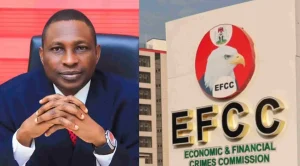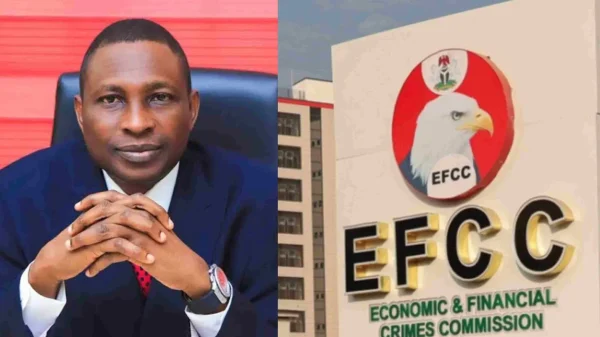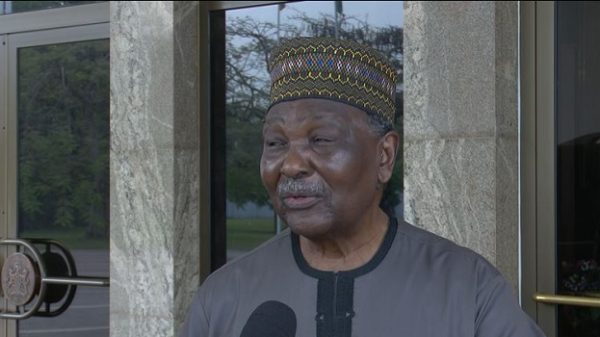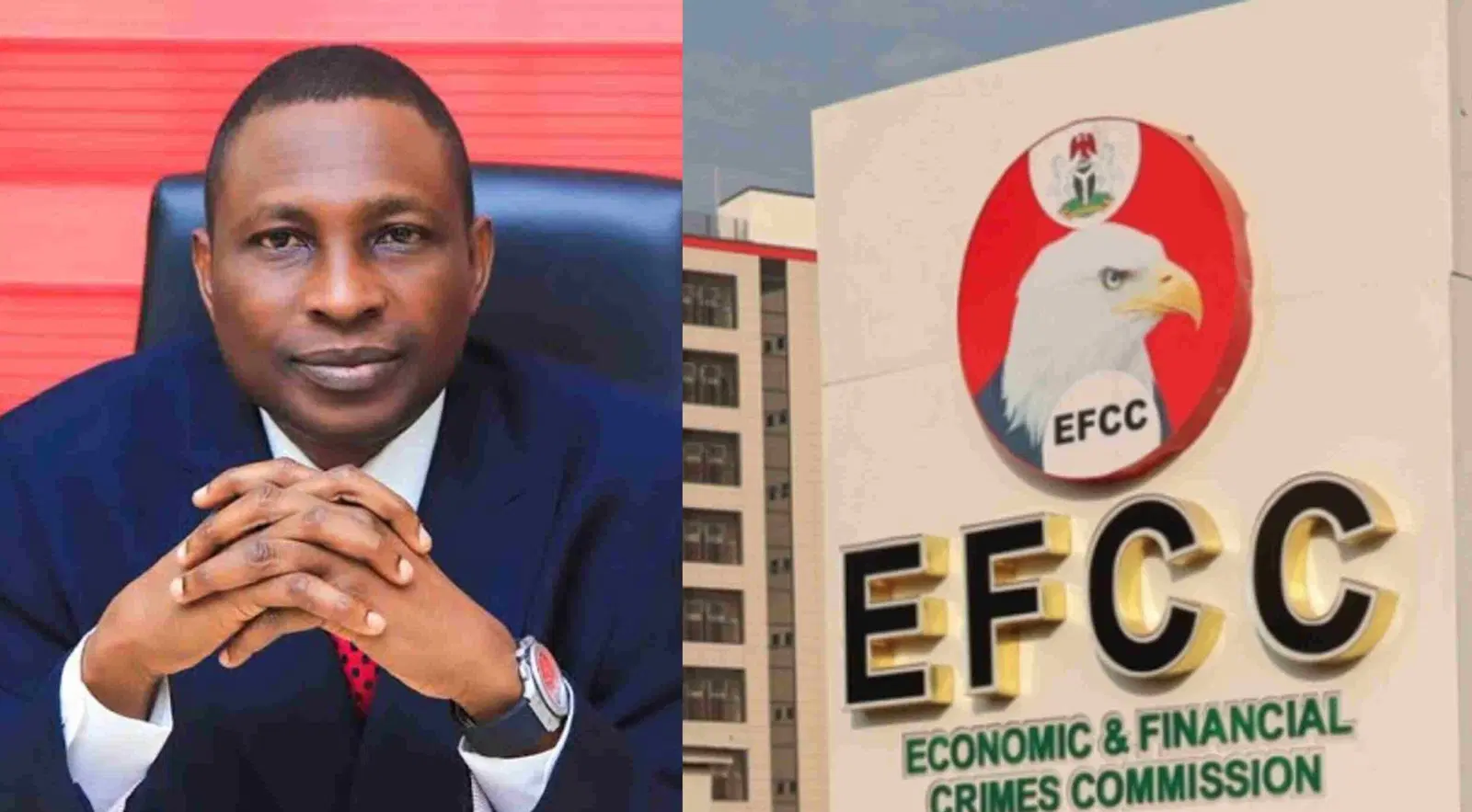Chairman of the Economic and Financial Crimes Commission (EFCC), Ola Olukoyede, has revealed that a significant portion of funds recovered by the agency in the past year was redirected to boost national development, particularly in the education and consumer credit sectors.
Speaking during a recent media interview, Olukoyede disclosed that the EFCC recovered “several hundreds of billions of naira” within the last year. According to him, part of this amount was allocated to launch the Nigeria Education Loan Fund (NELFUND) and to strengthen the Nigerian Consumer Credit Corporation (CREDICORP), initiatives aimed at improving the quality of life and reducing financial pressure on citizens.
“We also made some reasonable, substantial monetary recovery. Several hundreds of billions of naira, which has positively impacted the economy. And I’ll tell you two ways,” he said. “You must have heard that part of our recovery we did last year was appropriated to the NELFUND. In fact, it is money used for taking off to set up that programme. Now over 200,000 students have benefited from the programme. It’s a major plus.”
Olukoyede emphasized the long-term benefits of such allocations, particularly how they contribute to national development and youth empowerment. NELFUND, launched to support higher education funding, is already yielding results by making education accessible to more Nigerian students.
In addition to education, the EFCC boss confirmed that ₦50 billion was channeled into the setup of CREDICORP to widen credit access, especially for Nigeria’s civil servants. “Civil servants can easily go in and obtain credits at probably one single-digit interest rate,” he explained. “₦50 billion was part of our recovery asset, which we used for setting it as well.”
Olukoyede stressed that easier access to credit would not only enhance living standards but also play a significant role in reducing corruption in public service.
“One of the biggest problems in Nigeria is that people work for many years and still cannot afford a basic standard of living,” he noted. “If you work 10 years as a civil servant and still can’t afford a two-bedroom flat because everything is cash-based, that’s a problem.”
He further stated, “If you work for five years, you’ll be able to have access to credit and buy three-bedroom bungalows and repay it for the next ten years. We would pay in such a way that there’s not so much negative impact on your income. Your propensity to steal will reduce. So, that is part of being part of our economy.”
Olukoyede’s disclosure sheds light on the EFCC’s strategic use of recovered assets beyond prosecution and asset forfeiture. It reflects a new approach to anti-corruption—one that not only punishes but also reinvests in the public good.
As the EFCC continues to recover stolen public funds, citizens are now beginning to see how these efforts directly benefitsectors that touch everyday life.





















































































































